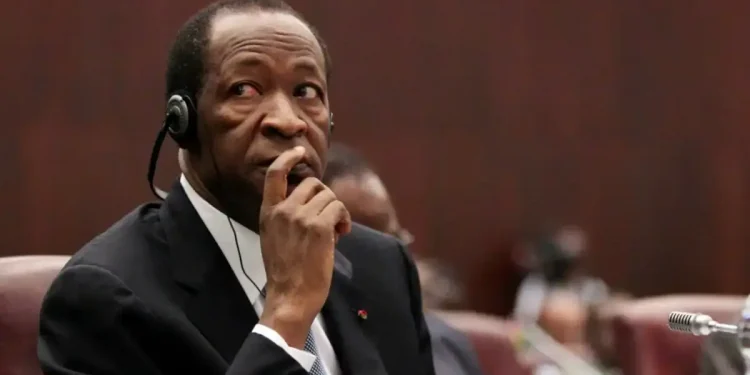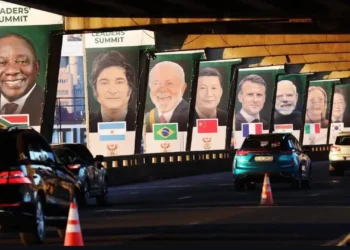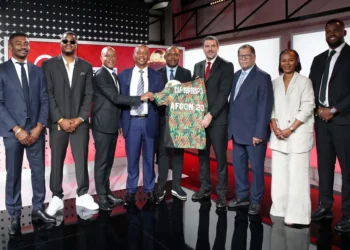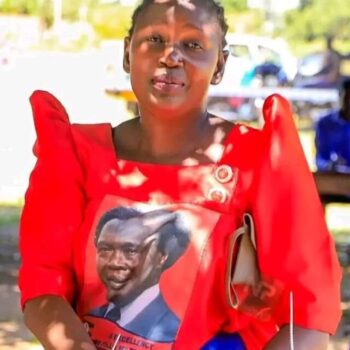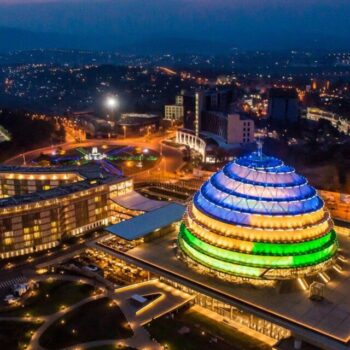Former Burkinabe President Blaise Compaore has been sentenced to life in prison over the assassination of revolutionary leader Thomas Sankara in 1987.
KAMPALA | NOW THEN DIGITAL — Blaise Compaore, the former president of Burkina Faso, has been sentenced to life in prison over the 1987 assassination of revolutionary leader Thomas Sankara.
- Former president Blaise Compaore was sentenced to life imprisonment on Wednesday in a Burkina Faso military court. for assassinating Thomas Sankara in 1987.
- Blaise Compaore, who is exiled in Ivory Coast after being overthrown in 2014 by public protests, and Kafando have been tried in absentia.
- Burkina Faso, one of the world’s poorest countries, has suffered from political turmoil since it gained independence from France in 1960.
- Read also: Singers J Martins and Banky W have announced their intentions to run for political office during Nigeria’s general elections next year.
After the long-awaited verdict was read out, cheers erupted in the courtroom, bringing an end to a long-running case that has plagued the impoverished and volatile state for 34 years.
The court also sentenced to life imprisonment Hyacinthe Kafando, believed to have headed the assassination squad, and General Gilbert Diendere, a general at the time of the assassination, which coincided with a coup that brought Compaore to power.
Blaise Compaore, who lives in exile in Ivory Coast after being ousted by public protests in 2014, and Kafando, who fled the country in 2016, were tried in absentia.
The trial has been closely followed by many in the landlocked nation of Sahel, who remember Sankara’s bloody death as a dark blot on its history.
Known for his fiery Marxist-Leninist rhetoric and condemnation of neo-colonialism and hypocrisy, Sankara was shot dead on October 15, 1987, barely four years after taking power as an army captain.
A hit squad killed Sankara along with 12 colleagues at a meeting of the ruling National Revolutionary Council. The death of this left-wing icon was completely taboo during Compaore’s 27-year tenure.
In Ouagadougou, a court found Compaore, Kafando and Diendere all to be guilty of harming state security. Compaore and Diendere were also found guilty of complicity in murder, while Kafando was convicted of murder.
Their sentences exceeded that requested by military prosecutors. Military prosecutors had sought 30 years for Compaore and Kafando, and 20 years for Diendere, who is already serving a 20-year sentence for a failed coup attempt in 2015.
In its closing statement, the prosecution detailed the grisly details of a plot to ambush Sankara and his closest followers. Eight other defendants were sentenced to prison terms of between three and twenty years, while three others were acquitted.
The plot to kill Sankara
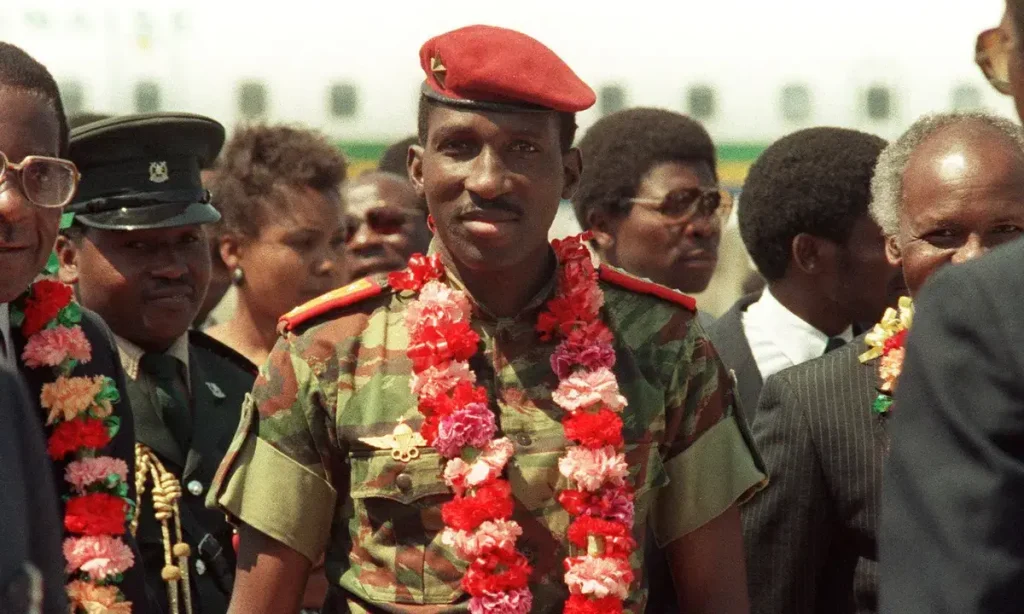
Sankara arrived at the National Revolutionary Council meeting for a rendezvous with death, for his executioners were already there, according to the prosecution.
After Sankara entered the meeting room, the hit squad burst in and killed his guards, the prosecution said.
“Sankara went to the National Revolutionary Council for a rendezvous with death,” the prosecution alleged, adding that his executioners were already present. “After Sankara entered the meeting room, the hit squad burst in,” according to the prosecution.
“The squad then ordered president Sankara and his colleagues to leave the room. They would then be killed one by one.”
At the trial, ballistic experts testified that Sankara was struck at least seven times in the chest by tracer rounds used by assassins.
However, the defendants claimed the victims were killed in a botched attempt to arrest Sankara after his disagreements with Compaore over the direction of the country’s revolution.
According to Prosper Farama, the lawyer representing the Sankara family, the family felt some relief at the way the trial had unfolded in the days prior to the verdict.
“We don’t want revenge, we’re simply asking for justice,” he said.
Burkina Faso is one of the world’s poorest countries, and since it gained independence from France in 1960, it has been plagued by political turmoil.
An example of that instability occurred during a brief suspension of the trial proceedings after a coup on January 24 that removed the elected president, Roch Marc Christian Kabore.
The military overthrew Roch Marc Christian Kabore after he failed to curb a nearly 7-year-old jihadist insurgency. About 2,000 people died in the campaign, which has displaced nearly 1.8 million others.
The trial resumed after Paul-Henri Sandaogo Damiba, the new strongman of the military, restored the constitution and swore an oath.


